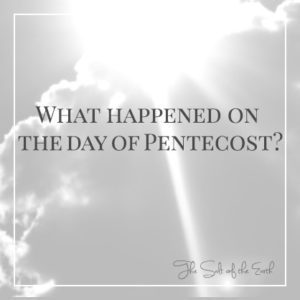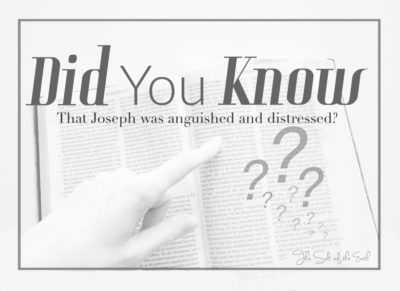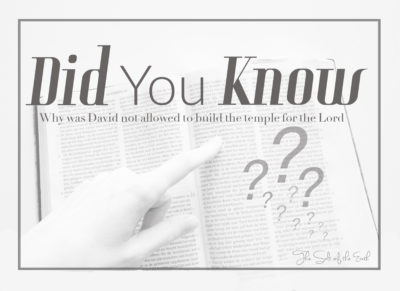Did you know that 50 iintsuku emva kwePasika, God gave His law (The Torah) via Moses to His people? By giving His law and commandments, UThixo wazisa intando Yakhe kubantu Bakhe benyama. But did you also know that 50 iintsuku emva kokubethelelwa kukaYesu Krestu, God gave His commandments through the outpouring of the Holy Spirit to the new creation? That’s what we celebrate 50 days after easter.
What is Shavuot; the feast of weeks?
During the feast of weeks, the people of Israel recall and celebrate that God gave the Torah, Imithetho yakhe, to them. God had redeemed His people from slavery and made His will known to them by giving His commandments. This feast is also called ‘Hag Matan Torateinu’, which means the feast of the giving of the Torah.
Kweneke ntoni 50 Kwiintsuku emva kwePasika?
And ye shall count unto you from the morrow after the sabbath, from the day that ye brought the sheaf of the wave offering; seven sabbaths shall be complete: Even unto the morrow after the seventh sabbath shall ye number fifty days; and ye shall offer a new meat offering unto the Lord (Leviticus 23:15-16)
The feast of weeks is celebrated 50 Kwiintsuku emva kwePasika. From the second day of Passover until the day before Shavuot, the feast of weeks is celebrated and 49 iintsuku (7 weeks) are counted.
Seven weeks shalt thou number unto thee: begin to number the seven weeks from such time as thou beginnest to put the sickle to the corn. And thou shalt keep the feast of weeks unto the Lord thy God with a tribute of a freewill offering of thine hand, which thou shalt give unto the Lord thy God, according as the Lord thy God hath blessed thee (Deuteronomy 16:9-10)
50 Kwiintsuku emva kwePasika, the Lord God descended on Mount Sinai in a fire and answered Moses by a voice.
Ngaloo mini, the Lord God made a covenant with His people.
Moses brought forth the people out of the camp to meet with God; and they stood at the nether part of the mount. And mount Sinai was altogether on a smoke, because the Lord descended upon it in fire: and the smoke thereof ascended as the smoke of a furnace, and the whole mount quaked greatly And when the voice of the trumpet sounded long, and waxed louder and louder, Moses spake, and God answered him by a voice And the Lord came down upon mount Sinai, on the top of the mount: and the Lord called Moses up to the top of the mount; and Moses went up (iEksodus 19:17-20)
The feast of weeks is later called Pentecost. Because Pentecost means ’50’ in the Greek language.
The Day of Pentecost, 50 iintsuku emva kokubethelelwa kukaYesu Krestu
50 Days after the crucifixion of Jesus Christ (a day before Passover), God gave His Holy Spirit. At that moment the new creations; the sons of God (oku kusebenza kuzo zombini iinkunzi nemazi) were born. The commandments of God were now written upon the hearts of the new creation (umntu omtsha) and not on tables of stone anymore.
The Lord God prophesied about this in the Old Testament:
Khangela, the days come, utsho uYehova, that I will make a new covenant with the house of Israel, and with the house of Judah: Not according to the covenant that I made with their fathers in the day that I took them by the hand to bring them out of the land of Egypt; which My covenant they brake, although I was an husband unto them, utsho uYehova: But this shall be the covenant that I will make with the house of Israel; After those days, utsho uYehova, I will put my law in their inward parts, and write it in their hearts; and will be their God, and they shall be My people.
And they shall teach no more every man his neighbour, and every man his brother, esithi, Know the Lord: for they shall all know me, from the least of them unto the greatest of them, utsho uYehova: for I will forgive their iniquity, and I will remember their sin no more (UYeremiya 31:31-34)
God’s commandments that represent His will, shall not change
The commandments of God, which represent God’s will and God’s nature, shall be forever and shall abide in the hearts of His sons. People can change and adjust the Bible and God’s commandments to their will, iziphumo, izimvo, lust, iimfuno, kunye neminqweno. Kodwa God’s will shall never change.
God is the same, Yesterday, Today, and Forevermore. No man can change God’s will and God’s nature and do something about His laws!

KwiTestamente eNdala, we read many times that the people of the house of Israel didn’t keep God’s commandments. Kunoko, God’s people did what they thought was right to do.
They relied on their own carnal knowledge, wisdom, and understanding. Instead of relying on God’s knowledge, wisdom, and understanding.
They thought they pleased God, kodwa babephazama.
God is very clear about His will. You decide to obey His will or not. It’s all up to you.
The Gospel is simple and isn’t hard, but people make the gospel difficult and hard. Ngoba? Because they don’t want to crucify and lay down their flesh (their own will, iminqweno, iimvakalelo, emotions lusts, carnal works, njl.).
The law of God abides in the heart of the New Creation
People want to apply the Gospel to the old creation (ixhego), but that doesn’t work. Only when the old creation has died, the new can arise.
Only the new creation, who is created after the image of God and is born of water and Spirit, can comprehend and receive the things of God.
The new creation sees and understands the Kingdom of God. And represents, preaches, and brings the Kingdom of God on earth and fulfills the great commission of Jesus Christ.
The Kingdom of God is a spiritual Kingdom, which can’t be understood by the flesh and the carnal mind.
When you are baptized with the Holy Spirit and receive God’s Holy Spirit, you receive a new nature; Ubume bukaThixo. NgoMoya oyiNgcwele, the Law of God that represents His will and stands forever abides in your heart.
As the new creation, you shall walk by your new nature according to His words and commandments. You shall walk after His will. Because you love God with all your heart, ingqondo, umphefumlo, kunye namandla. By your walk and through your life you shall please Him and exalt Him.
‘Yibani yityuwa yehlabathi’



